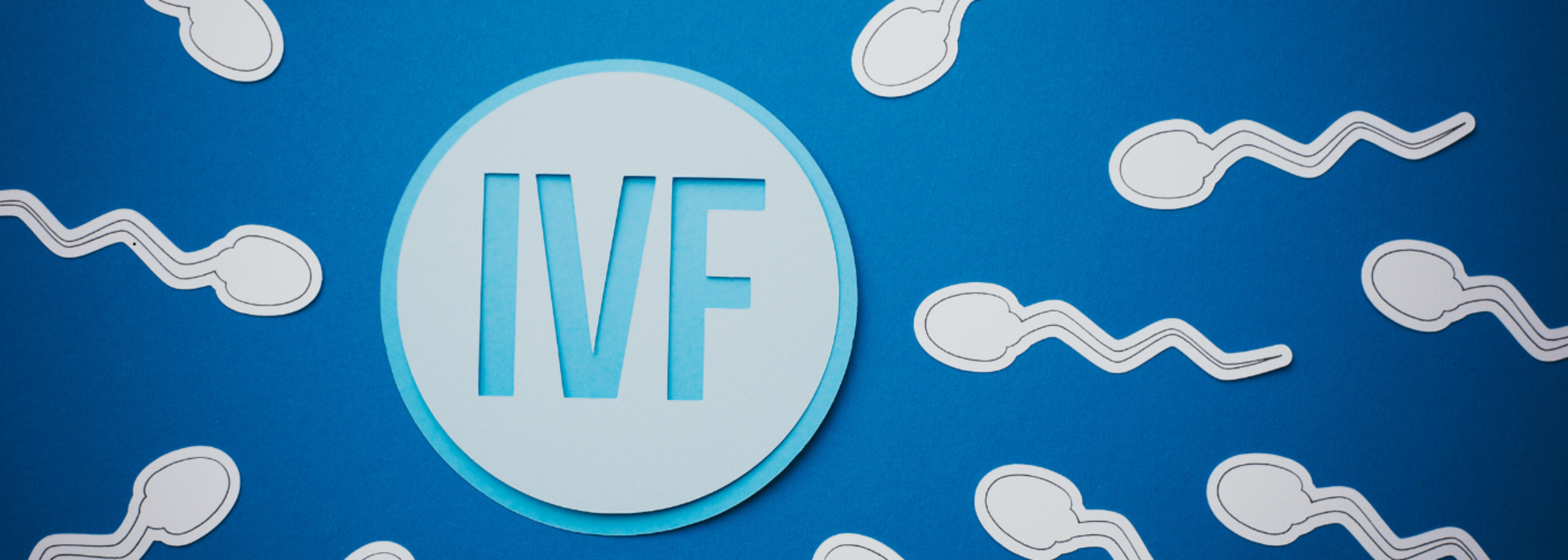IVF Day 2025: What Happens To The Unused Embryo After An Unsuccessful IVF?

Credits: Canva
SummaryJuly 25 marks IVF Day, honoring the science and emotional strength behind fertility treatments. Dr. Firuza Parikh emphasizes that IVF is not just about embryos—it’s about hope, heartbreak, and healing. From failed cycles to frozen embryos, her insights remind us that success isn’t always a baby, but often the courage to try, pause, or simply be.
End of Article
